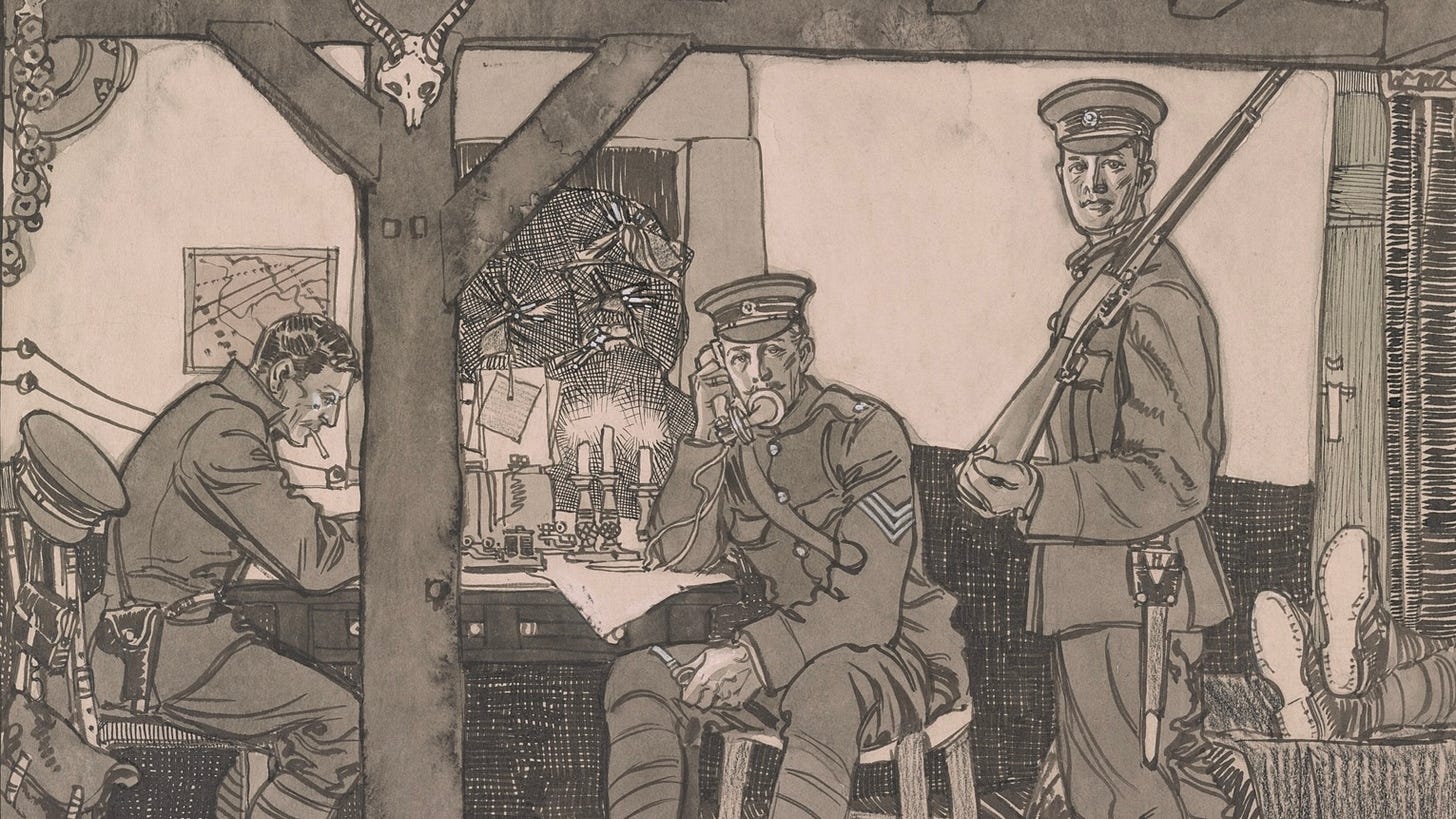This is a polished excerpt from the transcript of our podcast with National Book Award-winning novelist and Iraq War veteran, Phil Klay. In that episode, Phil joined Damir Marusic and Shadi Hamid to discuss his article, “U.S. Support for Israel’s War Has Become Indefensible,” published in The Atlantic. You can listen to the episode here.
— Santiago Ramos, executive e…




